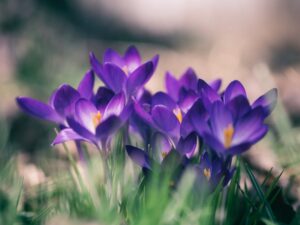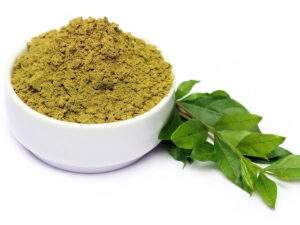As the hay fever season approaches, many of us dread the itchy eyes, sneezing, and congestion that accompany this allergic reaction to pollen. But fear not! There are gentle and natural ways to protect yourself from the discomfort of hay fever while nurturing your respiratory health. In this blog post, we’ll explore some calming techniques and remedies that can help prevent hay fever symptoms and keep your airways in optimal condition. So, take a deep breath and let’s dive in!
Harness the Power of Black Seed Oil:
Black seed oil, derived from the Nigella sativa plant, has been used for centuries for its medicinal properties. It holds great promise in alleviating hay fever and asthma symptoms. The active compounds in black seed oil possess anti-inflammatory properties that may help reduce respiratory inflammation, easing coughing and sneezing. Incorporate black seed oil into your routine, either by consuming it directly or using it in cooking or as a supplement, to support your respiratory health naturally.
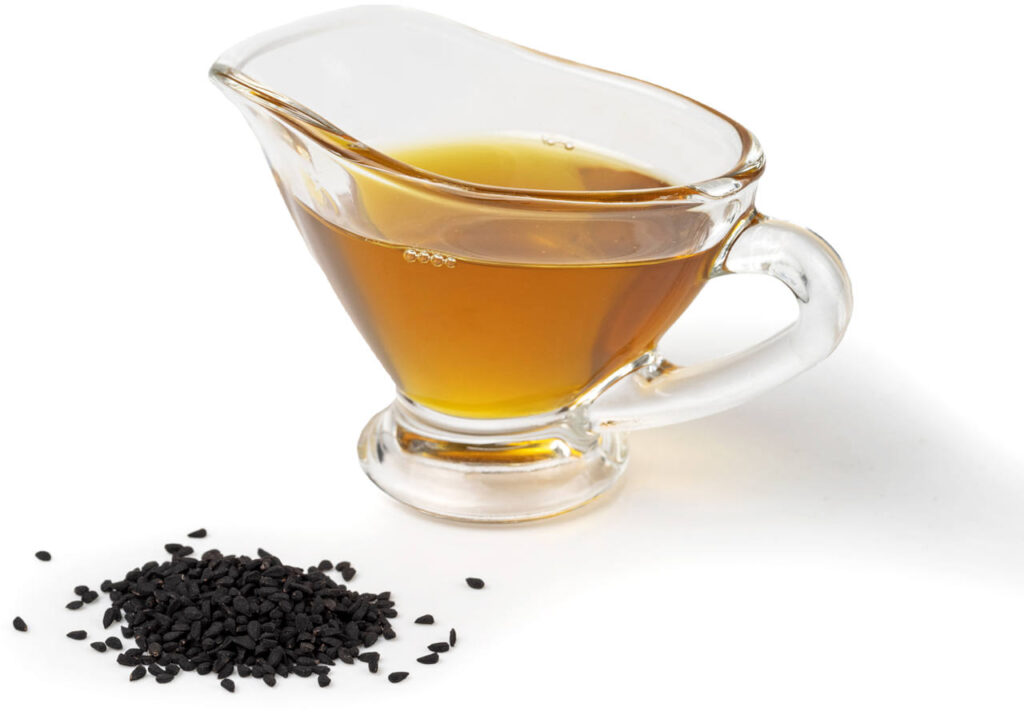
Discover the Aromatherapeutic Benefits of Rosemary Oil:
Nature’s treasures often hold remarkable solutions, and rosemary oil is no exception. Known for its soothing properties, rosemary oil has been used for centuries to support respiratory health, including alleviating symptoms of asthma. Incorporate this calming essential oil into your self-care routine through diffusers or diluted topical application. Experience the serenity it brings to your respiratory system and overall well-being.
Embrace the Benefits of Pineapple Juice:
Pineapple juice offers more than just a refreshing taste. It contains an enzyme called bromelain, known for its ability to break down mucus in the respiratory system. By clearing excess mucus from your lungs, pineapple juice may provide relief from coughing and congestion. Enjoy a glass of fresh pineapple juice regularly to experience its natural decongestant properties and support your respiratory well-being


Nourish and Protect Your Upper Respiratory Airways:
Your upper respiratory airways and rhinitis play a crucial role in preventing the onset of asthma triggered by hay fever. Take care of them with a holistic approach. Maintain a healthy lifestyle, ensure proper hydration, and consume a balanced diet rich in immune-boosting nutrients like vitamin C and antioxidants. By nurturing your airways, you create a robust defense against hay fever-related complications.
Discover the Soothing Effects of Stinging Nettle:
Stinging nettle, known scientifically as Urtica dioica, has long been recognized as a natural remedy for allergies and respiratory ailments. If allergies are causing excessive mucus production, stinging nettle may help alleviate these symptoms. Its anti-inflammatory properties and potential antihistamine effects can provide relief from sneezing, coughing, and a runny nose. Consider incorporating stinging nettle tea or supplements into your daily routine to experience its soothing benefits.
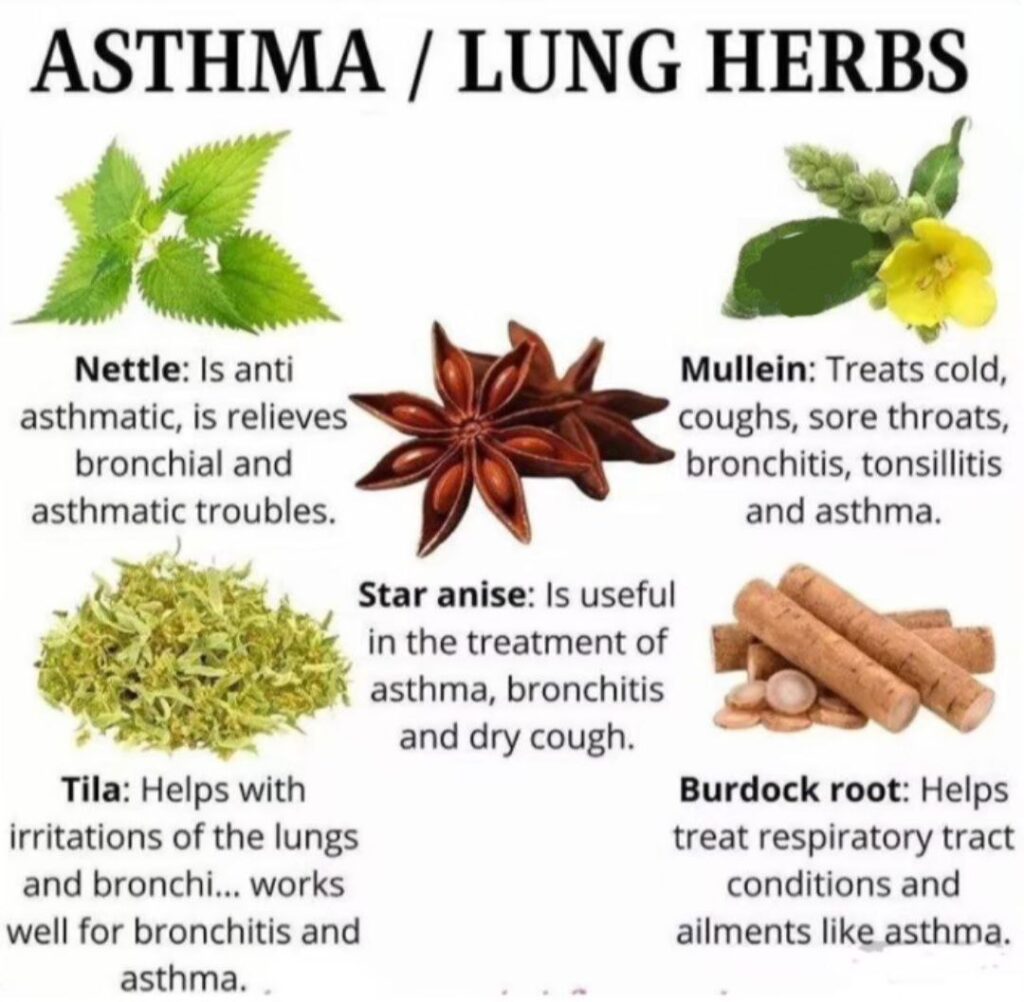
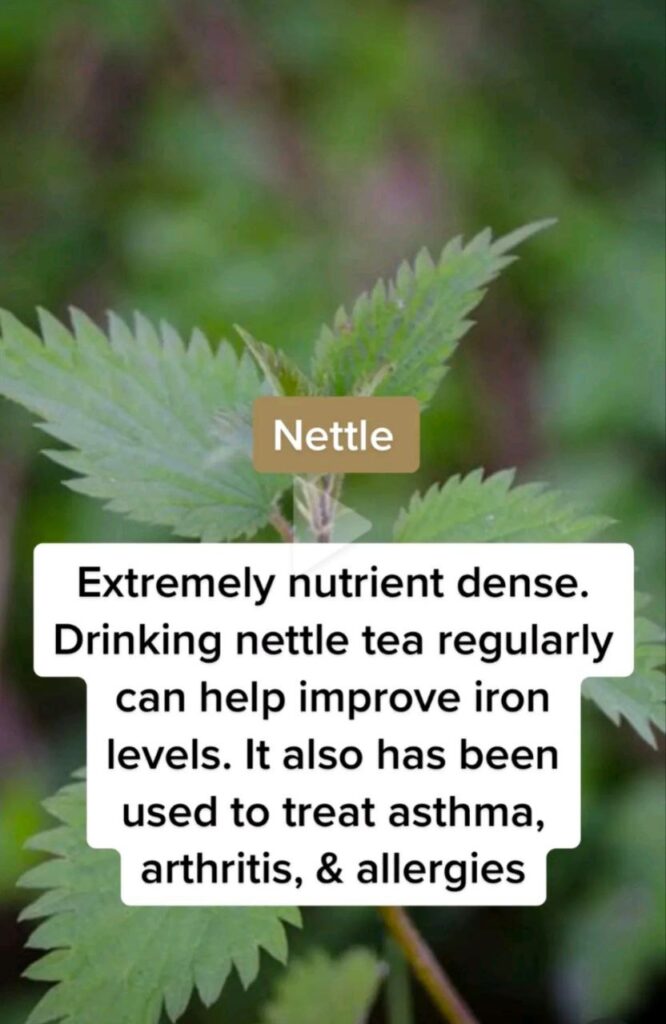
Embrace the Soothing Mist of Bottled Dead Sea Salt:
Imagine a refreshing mist gently caressing your face and nasal passages, providing relief from hypersensitivity and watery eyes. Bottled Dead Sea salt offers a natural remedy that can alleviate hay fever symptoms. With its mineral-rich composition, this mist has been known to calm irritated airways and support a healthy respiratory system. Incorporate this blissful mist into your daily routine to preempt hay fever discomfort.
Know When to Start Your Steroid Inhaler:
If you’re prone to asthma triggered by hay fever, it’s essential to recognize the signs and take proactive measures. Keep a close eye on your symptoms, particularly your reliance on the blue reliever inhaler. If you find yourself reaching for it more than twice a week, it’s time to consider starting your steroid inhaler. Consistency is key, so ensure you continue the prescribed treatment for at least 6-8 weeks to effectively alleviate wheezing and restore harmony to your airways.
Mindful Avoidance of Triggers, Even Surprising Ones:
Prevention is always better than cure, and this rings true for hay fever triggers. While it’s impossible to eliminate all triggers, take steps to avoid them whenever possible. In addition to the usual suspects like pollen, be mindful of surprising triggers such as certain foods like chocolate and wine. By being aware of these potential culprits and making informed choices, you can reduce the likelihood of triggering or worsening hay fever symptoms.
Conclusion
With these calming techniques and remedies, you can take a proactive approach to prevent hay fever symptoms and nurture your respiratory health. Embrace the natural benefits of bottled Dead Sea salt mist, support your upper respiratory airways, explore the aromatherapeutic qualities of rosemary oil, and know when to start your steroid inhaler if needed. Additionally, stay mindful of potential triggers, even those that may surprise you. By embracing these practices, you can create a serene environment for your respiratory system and enjoy a more tranquil hay fever season ahead. Breathe easy, my friend! I hope some of this helps!
Thanks for reading. Feel free to contact us.

